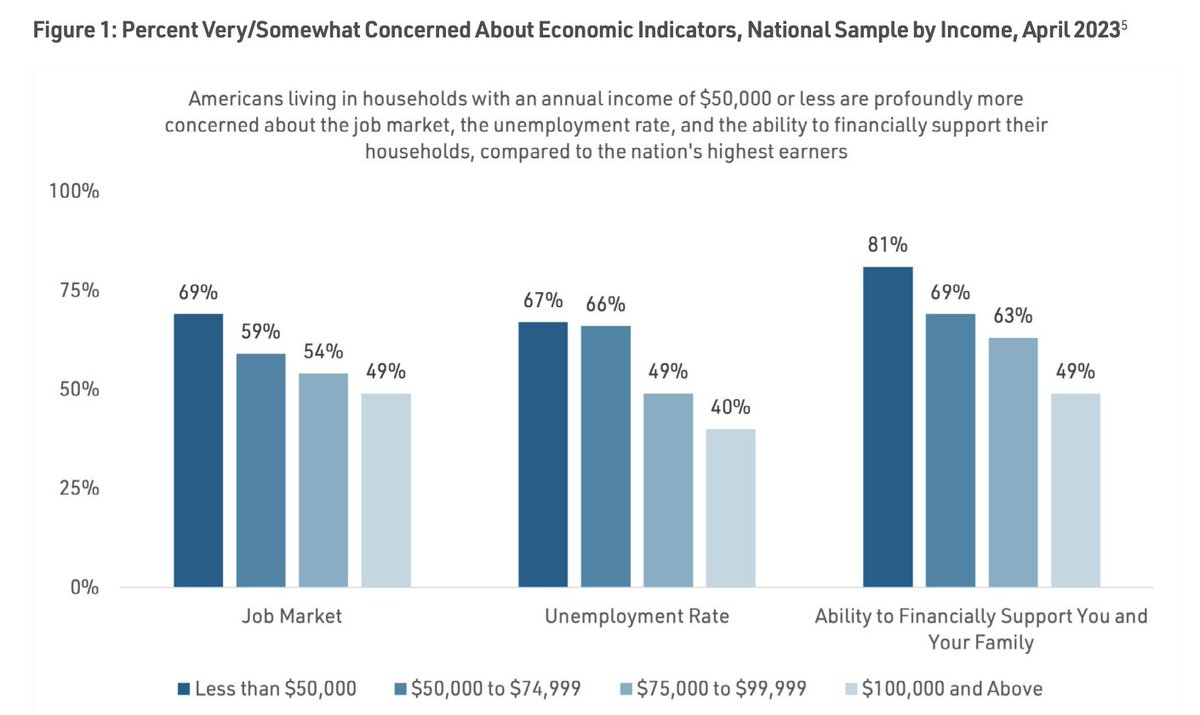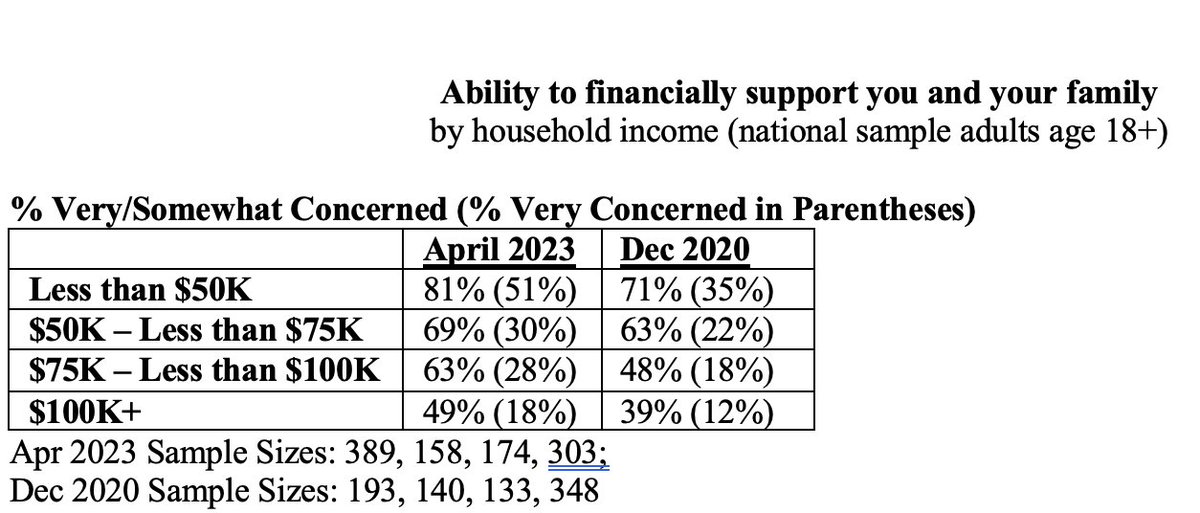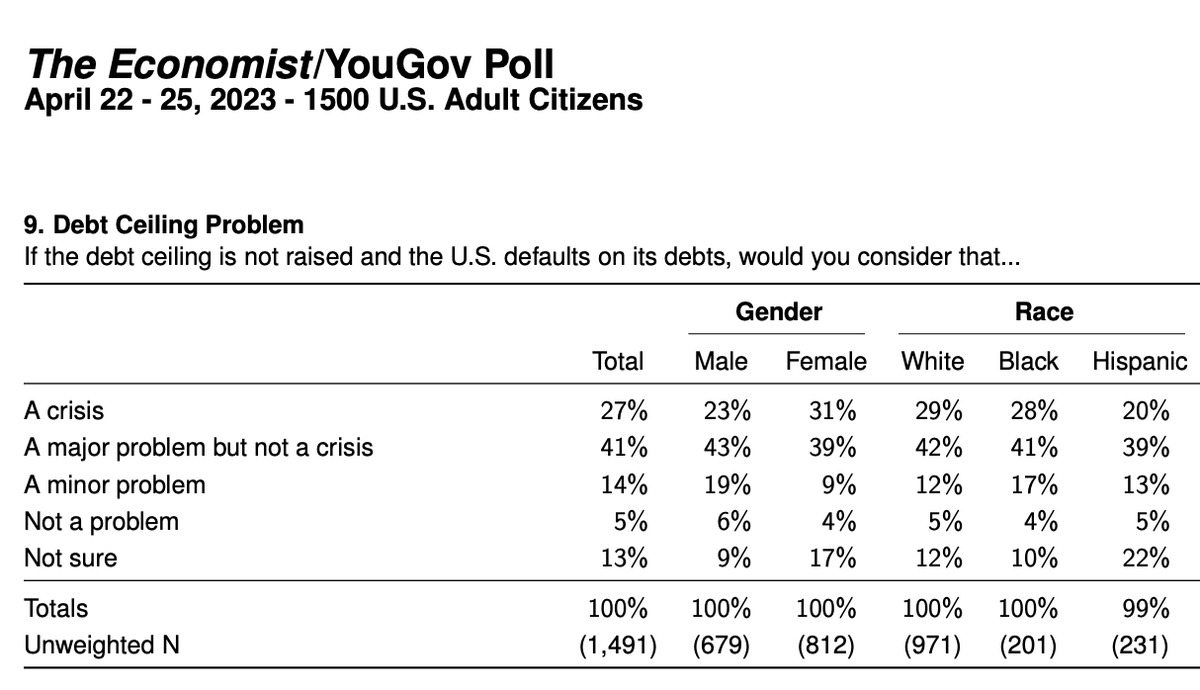What’s in this supposedly commonsense bill McCarthy is demanding in exchange for not destroying the global economy?
Here’s my handy guide, for those interested in the substance of the legislation and not just political gamesmanship. 🧵
Here’s my handy guide, for those interested in the substance of the legislation and not just political gamesmanship. 🧵
1. Unspecified across-the-board cuts to nondefense discretionary spending, down by one-third on average in 2024, after inflation. The cuts would then expand to roughly 59%, on average, by 2033
Does this mean WIC? Border security? Pells? FBI? No one knows washingtonpost.com/opinions/2023/…
Does this mean WIC? Border security? Pells? FBI? No one knows washingtonpost.com/opinions/2023/…
2. Defund the tax police - make it harder for IRS to collect taxes legally owed by wealthy/corporate tax cheats, and set back the agency’s other IT upgrades.
(Would also increase deficits) washingtonpost.com/opinions/2023/…
(Would also increase deficits) washingtonpost.com/opinions/2023/…
3. Medicaid work requirements - which sound nice, but are a solution in search of a problem. See Arkansas’s disastrous experiment, which did not boost employment but did cause a lot of poor working people to lose their healthcare. washingtonpost.com/opinions/2023/…
4. Provision to grind entire regulatory system to a halt, by requiring Congress’s approval for all major regs. That includes deregulatory action too btw
Congress can barely do the things it’s responsible for now. Like, say, paying our existing bills
washingtonpost.com/opinions/2023/…
Congress can barely do the things it’s responsible for now. Like, say, paying our existing bills
washingtonpost.com/opinions/2023/…
Here’s a separate thread on what happens if Republicans don’t get their way, and instead force a default.
https://twitter.com/crampell/status/1654492271780282369
• • •
Missing some Tweet in this thread? You can try to
force a refresh

 Read on Twitter
Read on Twitter






